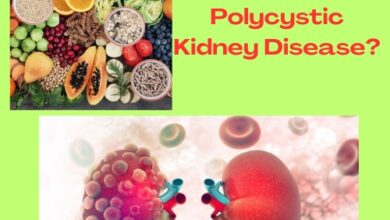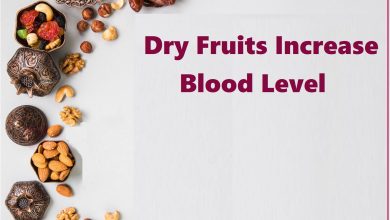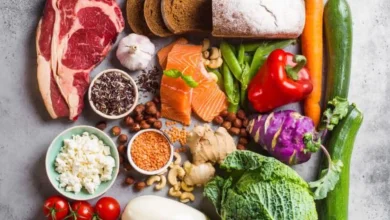Vegan diet better than Mediterranean, finds new research

According to new research by the Physicians Committee for Responsible Medicine published in Frontiers in Nutrition, eating a low-fat vegan diet reduces dangerous inflammatory food chemicals termed advanced glycation end-products (AGEs) by 73%, compared to no reduction on a Mediterranean diet. Compared to the Mediterranean diet, which showed no change in AGE levels, the vegan diet was linked to an average weight loss of 13 pounds.
The low-fat vegan diet’s reduction in dietary AGEs was mostly caused by cutting out meat consumption (41%), reducing added fat consumption (27%), and eliminating dairy products (14%).
According to main study author Hana Kahleova, MD, Ph.D., director of clinical research at the Physicians Committee for Responsible Medicine, “the study helps bust the myth that a Mediterranean diet is best for weight loss.”
“Choosing a low-fat vegan diet that avoids the dairy and oil so common in the Mediterranean diet helps reduce intake of harmful advanced glycation end-products leading to significant weight loss.”
Animal products often contain more AGEs than plant foods, and AGEs can be consumed through diet. High-heat, dry cooking methods like grilling cause AGEs to accumulate in substantial amounts, particularly in foods originating from animals that are also high in fat. Excessive levels of AGEs in the bloodstream can aggravate insulin resistance, which can result in weight gain. AGEs have also been connected to oxidative stress and inflammation, both of which are factors in chronic illnesses like type 2 diabetes and heart disease.
The current study is a secondary analysis of an earlier study conducted by the Physicians Committee that contrasted a Mediterranean diet with a low-fat vegan diet. Participants in the trial were randomized at random to follow a 16-week Mediterranean diet consisting of fruits, vegetables, legumes, fish, low-fat dairy, and extra virgin olive oil, or a low-fat vegan diet consisting of fruits, vegetables, grains, and beans. There was no calorie cap for either group.
Following a four-week washout period, participants resumed their baseline diets before transferring to the opposing group for a further sixteen weeks. Based on self-reported dietary intake records, dietary AGEs were computed. AGE content was obtained from a published database and attributed to each dietary item.
“Our research shows that you can use the power of your plate to lose weight with a low-fat vegan diet that’s rich in fruits, vegetables, grains, and beans and low in AGEs,” says Dr. Kahleova. “It’s a simple and delicious way to maintain a healthy weight and fight chronic disease.”




